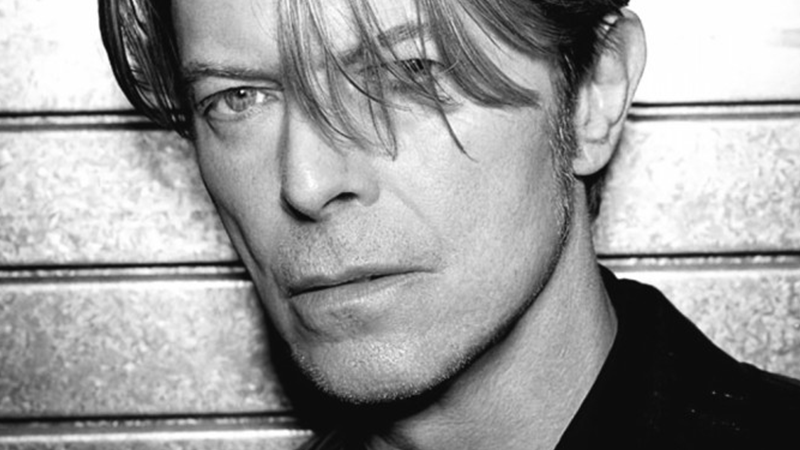I grew up listening to David Bowie, and, as an amateur musician, many times played and sang Bowie songs. I admired his songwriting as well as his brooding vocals. In one song, the Iggy Pop cover “China Girl,” he goes from almost muttering “I’m a mess without my little China Girl…” to bellowing “Visions of swastikas in my head / Plans for everyone!”
Simply put, Bowie was cool. When I heard he had died a few weeks ago, I wanted to write an homage to him. Something important. But that became ever more daunting as the days went by. Still, I didn’t want to let the moment totally go without saying something. This post is nothing compared to the life and influence of David Bowie, but I had to say something.
Bowie was cool when drugs and androgyny and elaborate storylines and spacey tripping were cool.
Bowie was cool when pastel suits and coifed hair and 3 minute catchy tunes with equally catchy videos were cool.
He was cool when being a true artist was cool.
He was cool when being an aging celebrity was cool.
And, more than anything else, he was cool as he passed on from this mortal life.
David Bowie released his final studio album on the day he turned 69. Three days later, he passed away. He had been fighting cancer for a year and a half. He knew it was coming; it was staring at him, so close he could see the whites of its eyes. He left a final love note. He told cancer, and death itself, you cannot take away my art. You cannot take away my cool.
Fans of his uber-pop era may not be able to relate. Fans of the artist can.
His song “Lazarus” is such a complete ode to life and death… well, it’s better to just see it how he would have liked you to see it, the version he filmed not so long before he died:
And that voice. Still the same, or damn near it, after all this time.
This man knew he would die. And he wanted to sing. And, more importantly, he wanted us to try to understand his meaning.
Does “Lazarus” mean he thinks he can come back? Does it mean he doesn’t need to come back? Does he mean that death is the comeback, the freedom, the evolution?
He crawls back into a closet at the end, a symbol for being put away, being done with use. But he isn’t, really. I’m listening to his music now. He isn’t done, won’t be for a long, long time.
And that’s what art — music, writing, painting, film — is. The ability to create something and let it live it’s own life, even though it will be forever yours. If someone in the future reads one of my books even 10 seconds after I die, I will somehow have lived on, a little bit.
Art can be poignant. Art can be inane. Art can be flashy. Art can be insightful. Art can last an instant. Art can be immortal.
